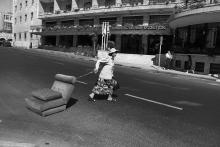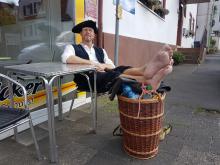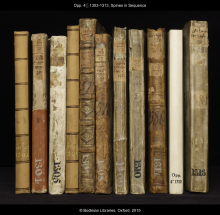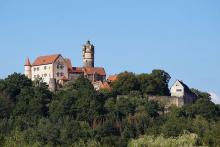Jewish Affordable Housing Projects in Late Tsarist Russia: Urban Housing, Public Health, and Communal Responsibility
As New York City became the epicenter of the Coronavirus outbreak, observers noted that cities have long been viewed as bastions of disease. In particular, as the industrial revolution led to rapid urbanization in the nineteenth century reformers sought ways to mitigate the public health problems created by overcrowded living conditions and lack of sanitation. Among the questions they asked: how could urban housing for the working class be improved and who was responsible for improving it?



